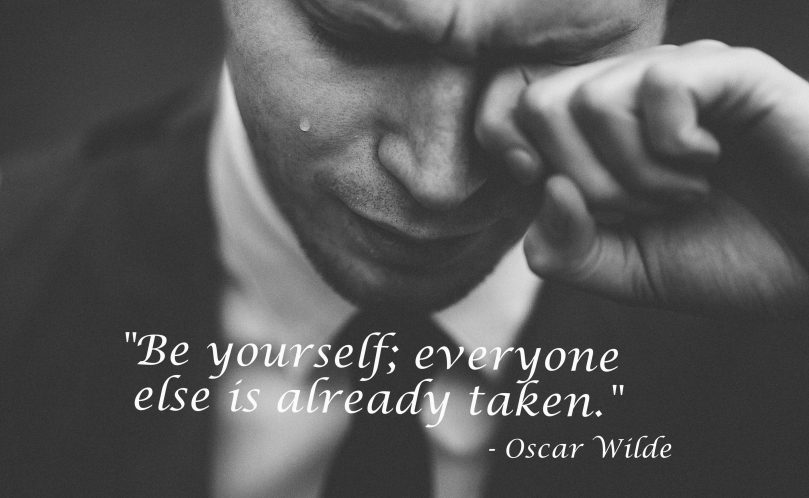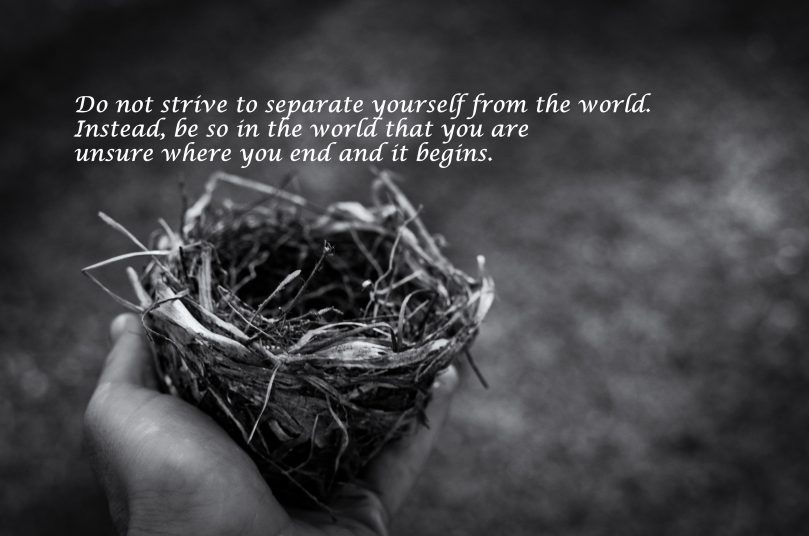As a guy who spent years building software, I am thoroughly familiar with the concept of software versions. We’d make changes to software, and compile “versions” of it for release when it was ready. I had no idea that the same versioning concept could also represent our own experiences and personality!
A few years back, I was experiencing a feeling of emotional disconnection, and would occasionally find myself becoming short with my partner for no apparent reason. We had trouble talking, and I would find myself withdrawing from any emotional conversation with her. So not healthy!
I decided I’d get some counseling, to see if I could come to grips with what was currently going on in my life. I figured some of my early experiences and traumas must still be affecting me, even though I thought I’d dealt with it all.
Before going to the first session, I decided I would try and get a chronicle of my early years written down – but had no idea just how difficult this turned out to be! I started with a blank notebook page, and listed all the places I’d lived 20 or so before the age of 20), schools I’d attended (13 in 12 years), and major events I could remember.
It turned out I had huge gaps in my memory and needed to start working on a computer to edit the chronicle as memories came back. It was such a strange exercise in the end. Even now, a few years later, things come back to me. What was causing that blank spot? I think it was a defense mechanism kicking in, effectively a mind-fog.
When I got to the first counseling session, I gave my counselor a piece of paper with a short version of the major things that had gone on in my life. It listed experiences of abandonment, emotional disconnection, sexual abuse, and a bunch more. I thought it was a pretty good start on figuring out what was going on in my head.
The first thing he asked after reading it: “Is this person still you, or do you think you’ve moved on to be someone else?”
It floored me! It turns out my issues with feelings of disconnection with my spouse were more related to the emotional vocabulary I was using, and not decades old dramas (more on that in another post). Suddenly a weight came off my shoulders. I had been carrying around an outdated different version of myself for years! I had not realized that it was no longer a version of “me” that I needed to keep.
Sure, I still visit once in a while, and there are still some incredibly painful memories that come up from time to time. But now I find I can face them more readily, and look at them through the filter of distance.
Recognizing and cleaning up the versions of yourself that you’re carrying around can be a life-altering experience. True, we are the sum of our experiences, but that version changes over time. As I read the Zen Koan “Muddy Road” I can see how the weight of those different versions can weigh you down. By recognizing that those versions of us exist and that we are carrying them around, we can start pushing them away from our daily responses to life. That way lies a less burdened life.
Have you ever experienced anything like this personal versioning? Have you dealt with it or are you still carrying around that weight? Tell me about it in the comments!
Photo by Cristian Newman on Unsplash
You Might Also Like: Zen and the Art of Learning









